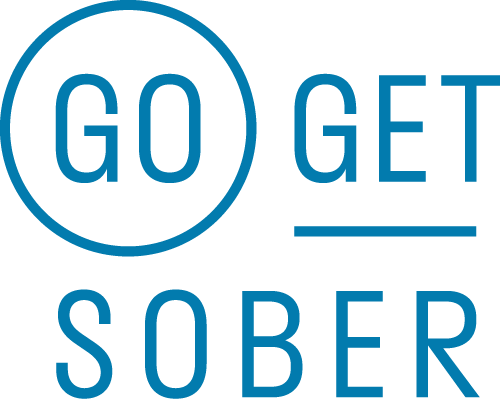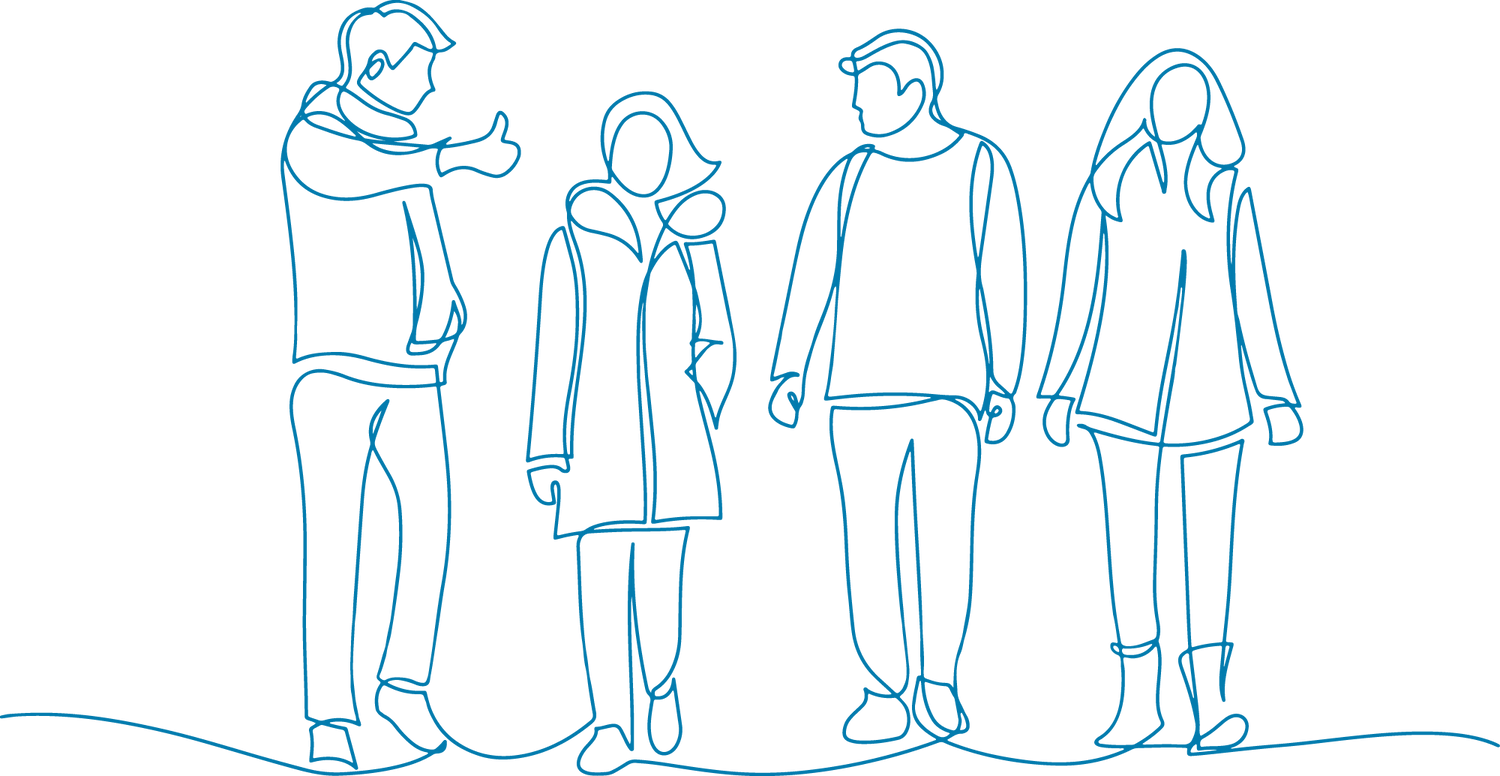Are you serious about stopping drinking? Here are four tips to help make your life easier.
Tip 1 - Get into the right mindset
If you want to make life as easy on yourself as you can, you need to get into a positive mindset.
This means that you're focused on all of the benefits to you of going alcohol-free. That you understand your "why" - your motivation. When you're familiar with all the gains of living alcohol-free and you're keeping them close to you, it's easier to stay motivated and to succeed.
People who see living sober as a loss or as deprivation find it harder to stay motivated and to enjoy sober living. When you're focused on what you want and on how living alcohol-free is going to enhance your life, it's much easier to achieve and to leave you fulfilled.
Tip 2 - Identify Your Triggers
What's a trigger and why do I need to identify it?
All we mean by a "trigger" is something that prompts us to want a drink. It could be a situation, an event, a person, a memory or an emotion. The moments when you're triggered are the moments when you're most likely to slip up and revert back into your old, drinking habits unless you’ve prepared well for them. That's because you're not consciously paying attention in those moments and your unconscious programming kicks in so you behave on automatic pilot. You do what you're used to doing. You follow the pattern you know.
When I first stopped drinking, there were various "triggers" that prompted me to want to reach for a drink automatically because they were embedded into my unconscious patterns and reactions:
- 6pm on a Saturday evening, preparing dinner with the radio on
- Going to a pub
- Going to a restaurant
- Travelling, particularly flying (hearing the drinks trolley coming)
- Going to a family event, particularly meals
- Arriving at a party
- Feeling anxious
- Seeing other people sitting outside with drinks on a hot, sunny day
- Arriving at a gig
- Seeing my brother
Think about your own triggers and make a list. What are they?
Tip 3 - Plan and prepare for these triggers
Firstly, think about what triggers you might encounter in the next couple of days or over the next week. List what they might be.
Secondly, for each of these, decide how you're going to deal with them differently.
What are you going to do instead of reaching for a drink? How are you going to be different? What reasons and justifications are you going to use for not drinking? How are you going to deal with any challenges or pressure?
Thirdly, imagine yourself dealing with the trigger and any challenges it might bring effortlessly sober. When you imagine yourself doing this, you change the expectation in your brain. You’re literally changing the structure of your brain and this is helping you to navigate the trigger situation in a new and sober way.
People who are successful in life (athletes, entrepreneurs, coaches, leaders and educators) use a technique called “mental rehearsal” to imagine themselves being successful. Whether it's running a race the fastest, delivering an entertaining and powerful presentation or successfully managing a party sober, rehearsing success makes success more likely to happen.
Another way of preparing is to find other ways of doing the jobs that alcohol used to do for you. If you don't get these jobs done in alternative and healthier ways, your unconscious mind could sabotage your efforts to stay sober.
For instance, if one of the jobs alcohol was doing for you was to give you more self-confidence, then you need to find other ways to boost your self-confidence or you need to learn how to be happy with being more shy and introverted. When you’re happy with who you are, you lessen the need to reach for something outside of yourself to make you feel better.
Tip 4 - Practise and be kind to yourself
You've spent many years training your brain to give an automatic drinking response to all these trigger situations. Now you need to spend some time practising new habits and new responses to replace the old ones.
With tip 3 you prepared some different ways of dealing with trigger situations. Now it's time to practise them. You might have to practise dealing with each separate trigger situation several times before it becomes automatic and you don't have to think about it anymore. The more you practise, the easier it gets.
You might slip up and make mistakes along the way. This is completely normal and a natural part of the process of learning. As long as you’re reflecting on why you slipped up and you’re putting plans in place to do things differently next time the same trigger happens, you’re still moving in the right direction.
You also need to be kind to yourself. Look after yourself. Put yourself first. Say no when you have to and nurture yourself with treats. If you have to hide away sometimes, give yourself permission to hideaway.
Conclusion
By identifying your triggers, planning and preparing for them, practising and repeating your new sober habits and being kind to yourself if you slip up, you make life so much easier on yourself. When you approach stopping drinking and staying sober with the right mindset like this, it doesn't take long before you're effortlessly enjoying your alcohol-free living and feeling really confident about what you're doing and who you are.


